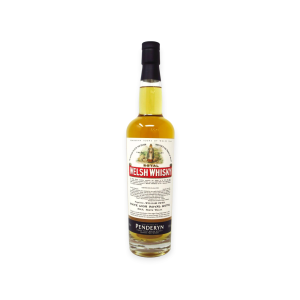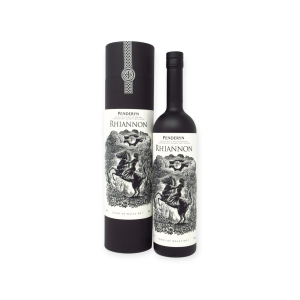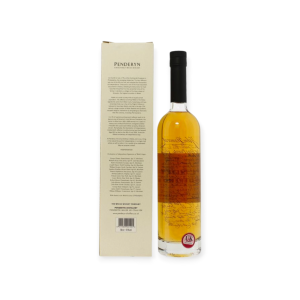English Whisky
English whiskey, a distinguished spirit with a rich heritage, has been gaining recognition in the global whiskey landscape. Traditionally overshadowed by its Scottish counterpart, English whiskey is characterised by its diverse flavour profiles and innovative production techniques. The revival of English distilleries in recent years has redefined the landscape, showcasing a commitment to craftsmanship and quality. Unlike Scotch, which adheres to strict regulations, English whiskey offers a broader interpretation of styles, including single malts, blended whiskeys, and grain whiskeys.
The use of various grains, such as barley, wheat, and rye, combined with unique cask maturation processes, contributes to a wide range of flavours from fruity and floral to spicy and rich. Regions like England’s South West, with its scenic landscapes, are home to renowned distilleries that produce distinctive expressions, often influenced by local terroir. With a focus on sustainability and local ingredients, English whiskey is not just about tradition; it embodies innovation and experimentation. As more enthusiasts discover the unique characteristics of English whiskey, it continues to carve out a place for itself in the hearts of connoisseurs and casual drinkers alike, promising an exciting future for this emerging category.
Showing 1–8 of 18 resultsSorted by popularity
The Perfect Drop of English Whisky
The diverse landscapes of England contribute to the distinct profiles of its whiskeys, with each region offering unique terroirs that influence the flavor profiles. Distilleries are increasingly experimenting with different grains, cask types, and aging processes, often drawing inspiration from local agricultural practices and environmental conditions. This commitment to local sourcing not only supports nearby farmers and businesses but also fosters a deeper connection between the whiskey and the land from which it originates. Moreover, many English distilleries are embracing sustainable practices, such as renewable energy sources and water conservation techniques, to minimize their environmental footprint.
This dedication to eco-friendly production is resonating with a growing demographic of consumers who prioritize sustainability in their purchasing decisions. The rise of craft distilling has also played a pivotal role in shaping the English whiskey scene. Smaller, independent distilleries are popping up across the country, each with its own unique story and approach to whiskey-making. These artisans are not afraid to push boundaries, experimenting with flavors and aging techniques that challenge traditional norms. This spirit of innovation is reflected in a wide array of expressions, from peated whiskies that rival those of Scotland to fruit-forward versions that highlight the sweetness of English barley.













